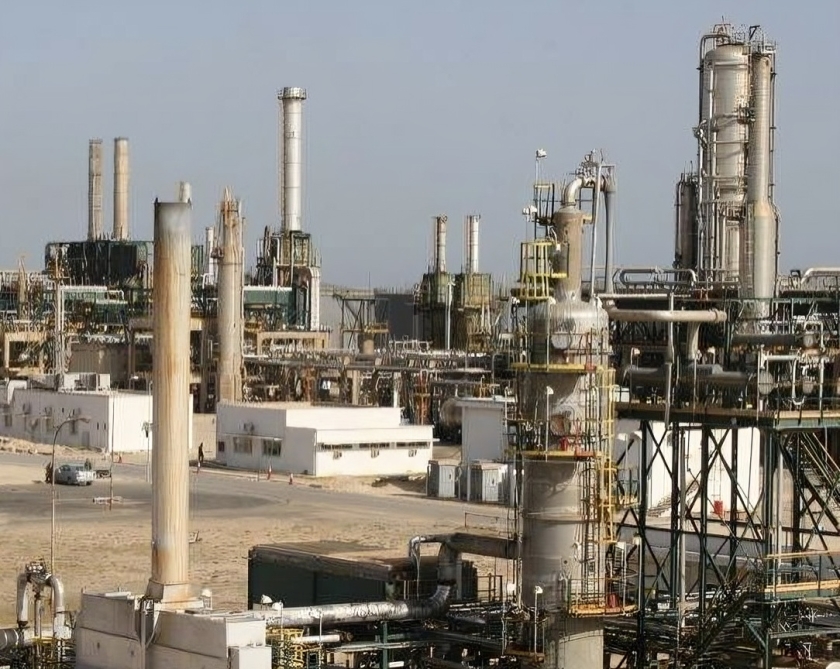Key Points
- Fires at Libya’s Zawiya refinery have been controlled.
- Armed clashes caused severe damage to key oil reservoirs.
- Libya’s vital oil sector remains vulnerable to ongoing unrest.
Libya’s National Oil Corporation spokesperson, Khaled Abulgasem Gulam, said Sunday that fires that started in several reservoirs at the country’s Zawiya refinery have been contained.
Firefighting teams control flames at Zawiya refinery site
Libya’s largest functioning refinery, with a daily capacity of 120,000 barrels, is situated in Zawiya, 25 miles (40 kilometers) west of Tripoli, the country’s capital. One of the nation’s most significant sources of crude oil, the Sharara oilfield, produces 300,000 barrels per day and is connected to the refinery. As a precaution, Gulam said, staff at the refinery are trying to move the remaining contents from the impacted reservoirs to other storage facilities.
The Zawiya refinery’s reservoirs suffered significant damage as a result of continuous fighting between armed groups close to the plant, prompting the National Oil Corporation to declare force majeure earlier Sunday. A legal tool known as force majeure permits businesses to halt contractual obligations because of uncontrollable events.
It’s still unknown how much damage the conflicts have caused. An assessment of the operational and financial effects on output was not given by the NOC.
Oil sector faces repeated threats from armed group violence
According to Reuters, the reasons behind the violence and the parties involved were not immediately apparent. Conflicts between armed groups have been a persistent problem in the area; in the past, they have interfered with oil exports and production.
The NOC shared images of firefighting crews tackling the refinery fire on its official Facebook page. As rescue personnel attempted to suppress the fires, thick plumes of black smoke were visible rising from the scene.
The majority of Libya’s income comes from the oil industry, which is the backbone of the nation’s economy. Armed battles, political demonstrations, and general security instability have frequently disrupted the industry since the 2011 revolt sponsored by NATO that overthrew longstanding leader Moammar Gadhafi.
Power struggles between opposing factions in Libya’s east and west have also been exacerbated by disputes over oil profits, making oil infrastructure a common target of violence.
The NOC has warned that additional harm might have a long-term effect on Libya’s economy and its capacity to fulfill its export commitments, and it has urged all armed parties to refrain from exploiting oil sites as battlefields.



